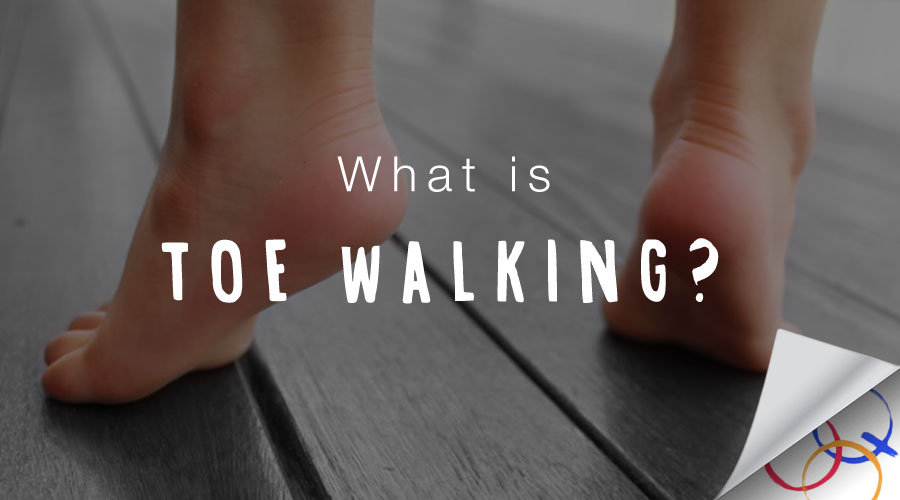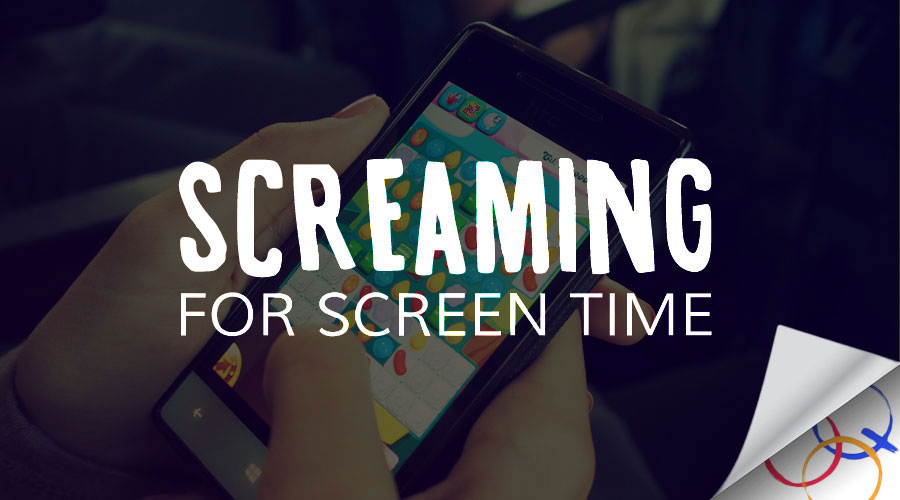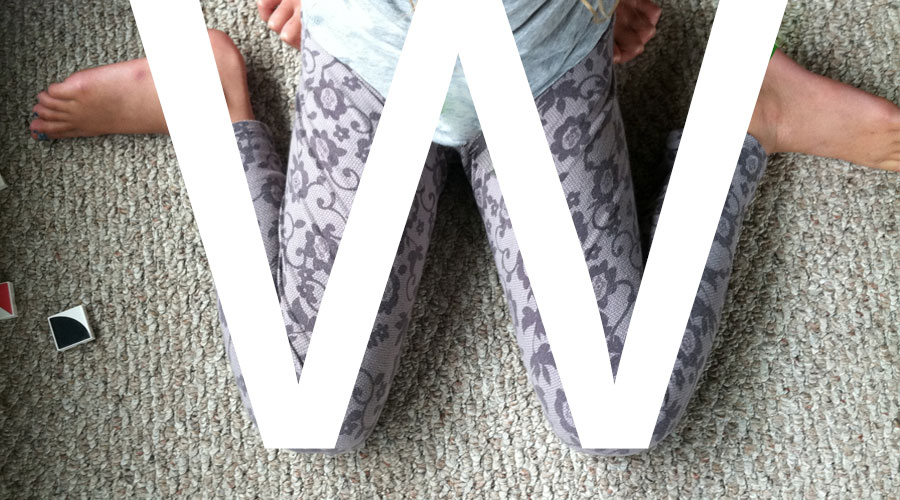
Easter is nearly here and, for a lot of Australian families, it is their favourite time of year to dust off their tents, hammocks and sleeping bags and hit the road for their annual camping holiday. It is also a perfect opportunity for children of all ages to swap the “screen time” for “green time” and explore all the great outdoors has to offer, all while getting in their recommended physical activity each day (and burning off those Easter chocolates)!
Read more

 International Day of People with Disability
International Day of People with Disability


 Kids get arthritis too
Kids get arthritis too


